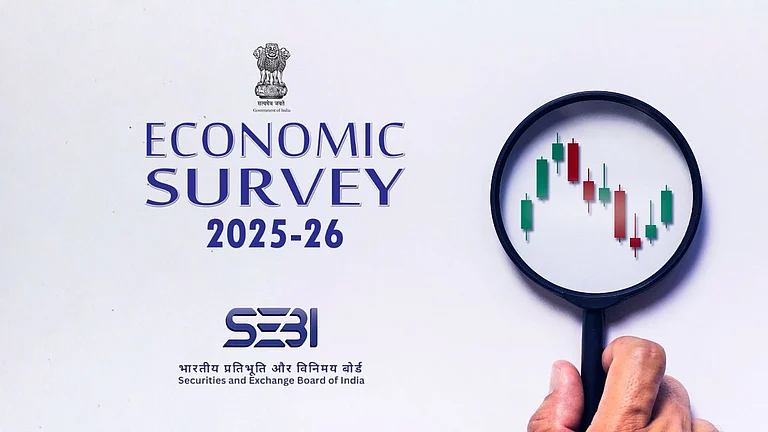
Summary of this article
Sebi has sought to relax certain norms governing IAs and RAs to enhance ease of doing business.
The market regulator has made several proposals in the paper, ranging from relaxations related to the educational qualifications required for becoming IAs and RAs to other exemptions related to the disclosure of past performance.
Other proposals made by Sebi include giving more time and flexibility to individual IAs who are transitioning to corporate status.
India is seeing an investment boom, with the number of investors growing rapidly. The total number of demat accounts in India is now over 20 crore, according to depositories CDSL and NSDL. Amid this boom, there’s also an increasing need to have the requisite number of research analysts and investment advisers to guide investors.
Capital market regulator Sebi has released a set of proposals in a working paper that seek to enhance the ease of doing business for IAs and RAs. The proposals seek to amend several provisions of the Sebi (investment advisers) Regulations, 2013 (IA Regulations) and Sebi (research analysts) Regulations, 2014 (RA Regulations).
The market regulator has made several proposals in the paper, ranging from relaxations related to the educational qualifications required for becoming IAs and RAs to other exemptions related to the disclosure of past performance. The market regulator has urged individuals to submit suggestions and comments related to the circular by August 28, 2025.
Here’s a look at some of the key proposals that seek to increase the ease of doing business for IAs and RAs:
Disclosure Of Past Performance
Sebi has proposed that IAs and RAs should be allowed to provide past performance data after it has been certified by the Institute of Chartered Accountants of India (ICAI), Institute of Cost Accountants of India (ICMAI), or the Institute of Company Secretaries of India (ICSI) only if the client requests for the data to be shown.
However, the past performance data can only be shown before the date on which the Past Risk and Return Verification Agency (PaRRVA) becomes operational. Additionally, IAs and RAs will need to issue relevant disclaimers along with the data. Notably, IAs and RAs have represented to the Sebi that the inability to show past performance details curbs their ability to provide clients with material information for their investment decisions.
Second Opinion On Distributed Products
The capital market regulator has proposed that IAs should be allowed to charge fees for second opinions on assets that are under pre-existing distribution arrangements with other entities. Sebi has proposed that the IAs be allowed to charge a fee under the AUA mode limited to 2.5 per cent of such assets value per annum. Additionally, IAs will also have to disclose and seek consent from such clients on an annual basis.
Other proposals made by Sebi include giving more time and flexibility to individual IAs who are transitioning to corporate status. The market regulator has also proposed to do away with certain regulatory requirements for IAs and RAs, such as CIBIL reports, infrastructure declarations, and net worth proofs for registration. Additionally, the market regulator has also proposed to ease the education criteria for individuals who wish to become IAs and RAs, subject to NISM certification.
The reduced barriers to entry are likely to increase the number of IAs and RAs in the Indian securities market. Additionally, Mutual Fund Distributors (MFDs) who are seeking to shift to fee-based advisory will also find it easier and cheaper to get IA registration.
















